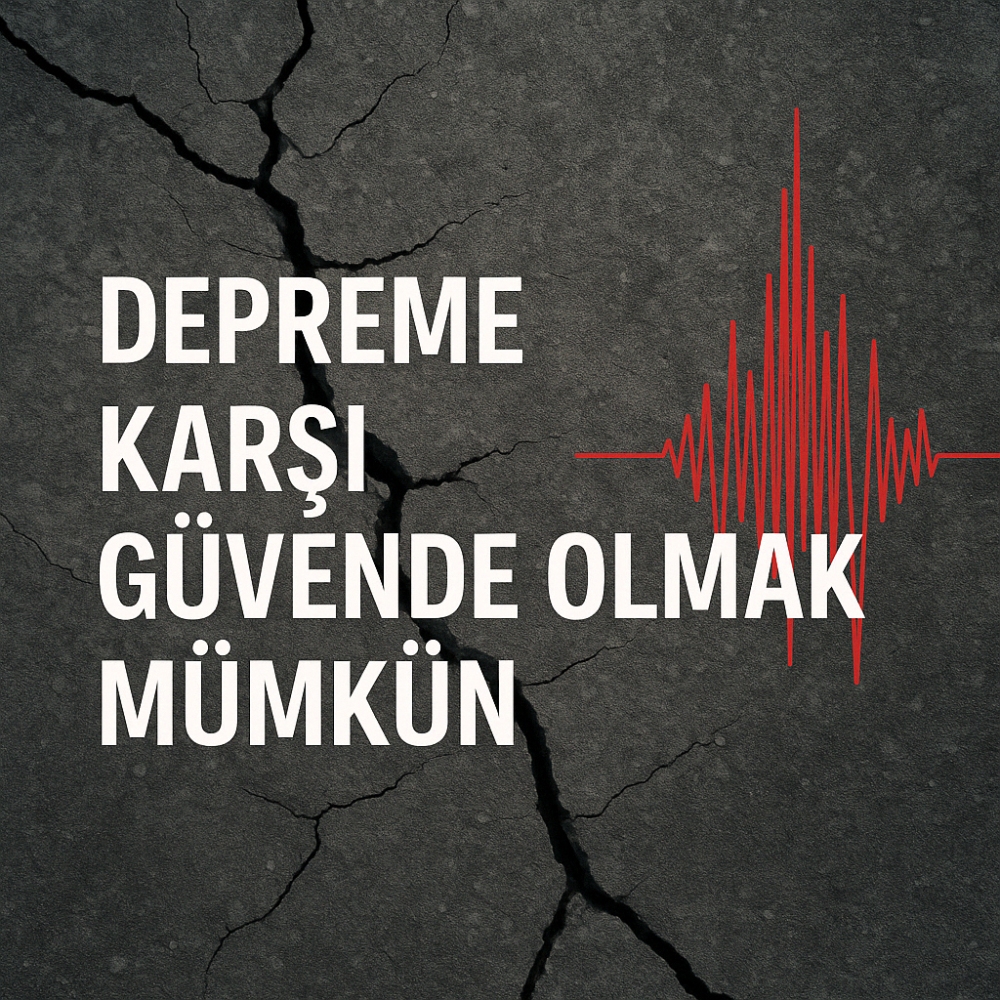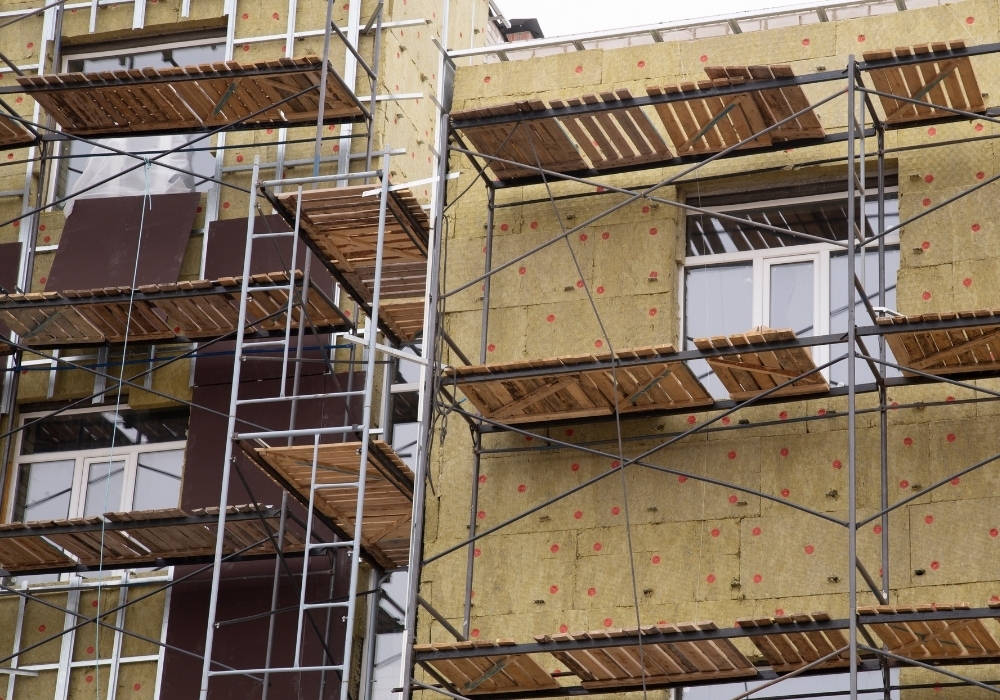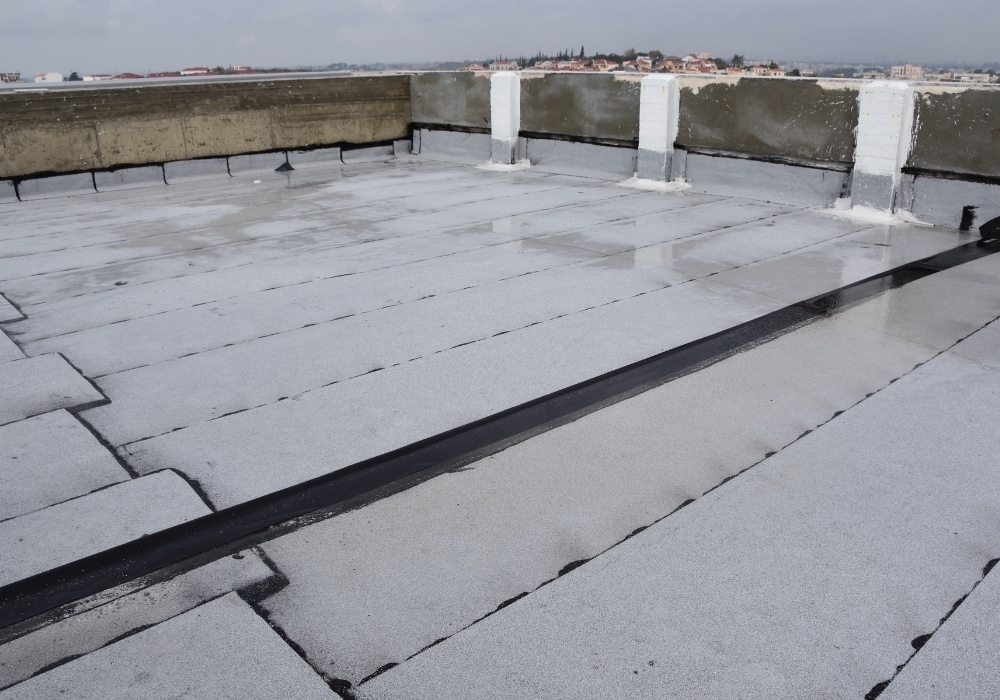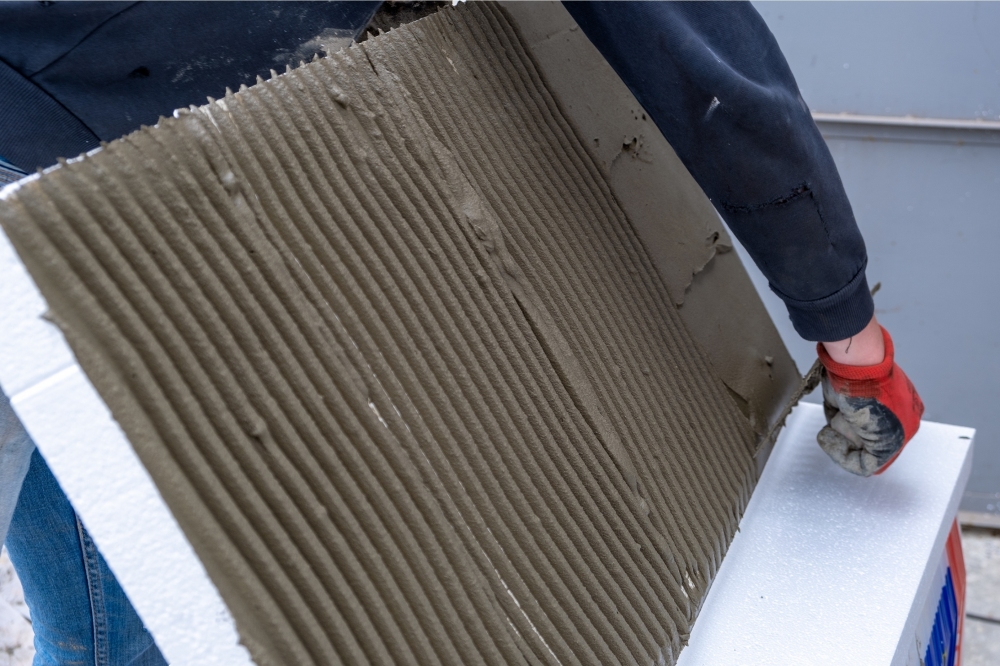
Turkey is located on one of the most active seismic zones in the world. In such a geography, choosing a home should not only be based on aesthetics or budget, but most importantly, safety.
Why Choose Steel Construction?
Steel construction buildings are structurally superior in resisting seismic forces. Thanks to their flexible, lightweight, and precision-engineered systems, steel homes offer significantly higher safety compared to traditional reinforced concrete structures — especially in earthquake-prone regions.
Risks of Traditional Concrete Structures
Reinforced concrete (RC) buildings are widely used across Turkey. However, they carry significant risks:
-
Heavier materials result in greater seismic loads
-
Rigid systems crack instead of bending under pressure
-
Weak column-beam joints may collapse under shaking
-
Prone to errors in site workmanship and inconsistent material quality
Advantages of Steel Construction Against Earthquakes
- Flexibility
Steel is naturally flexible and can absorb seismic energy by bending rather than breaking. This helps the structure move with the earth and remain intact.
- Lightweight
Steel structures are much lighter than concrete, reducing the load transferred to the foundation and minimizing seismic stress.
- Controlled Production
Unlike concrete which is mixed and poured on-site, steel elements are factory-made under precise conditions. This ensures uniform quality.
- Reliable Connections
Bolted and welded joints provide strong, integrated structural behavior. There are fewer weak points.
- Why Do Developed Countries Prefer Steel in Earthquake Zones?
Countries like Japan, the USA, and New Zealand adopt steel as a standard in seismic construction. Why?
-
Safer performance during strong earthquakes
-
Faster recovery and usability after the event
-
Easier repairs with modular steel parts
-
Compliance with international seismic codes
Comparison: Concrete vs Steel Construction
| Feature | Reinforced Concrete | Steel Construction |
|---|---|---|
| Earthquake Performance | Brittle & rigid | Flexible & earthquake-resistant |
| Structural Weight | Heavy | Lightweight |
| Manufacturing Process | Site-dependent | Factory-controlled |
| Fire Resistance | Naturally resistant | Requires protective coating |
| Recyclability & Reusability | Low | 100% recyclable & reusable |
| Cost Control | Variable | Predictable |
Frequently Asked Questions
- Can steel buildings be repaired after an earthquake?
Yes. Steel structures are modular. Damaged parts can be replaced individually without demolishing the entire building.
- Are they fire-resistant?
Yes — when treated with protective coatings and fire-retardant paint, steel buildings can meet international fire resistance standards.
- Are steel homes suitable for residential use?
Absolutely. Steel is ideal for villas, detached homes, vacation houses, and offers great architectural flexibility.
Build Safer with Efil İnşaat
At Efil İnşaat, we prioritize structural safety in every project. With steel construction systems, we deliver not only strong and durable buildings but also modern, aesthetic, and earthquake-resilient homes.
Our expert engineering team and certified production facilities allow us to offer fully customized, turnkey steel structures for residential and commercial use.
Contact us now to plan a safer, smarter building solution.
EFİL İNŞAAT



